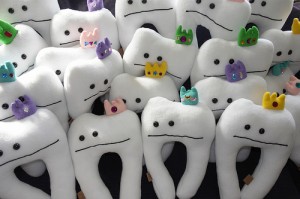Is Your Kids’ Wrestling Getting Out Of Control?
 Do you ever think your kids talk too much about fighting or violence? Do your kids wrestle every day? Does it start out fun and then end in tears? I noticed in the past few weeks that my two older boys were wrestling a lot and that the wrestling was turning into frustration and fighting quicker than normal. At first I thought it was an “end of summer cabin fever and we don’t have much of a schedule” thing going on. Then I noticed that my 4 year old was making a lot of references to fighting and it was really bothering me.
Do you ever think your kids talk too much about fighting or violence? Do your kids wrestle every day? Does it start out fun and then end in tears? I noticed in the past few weeks that my two older boys were wrestling a lot and that the wrestling was turning into frustration and fighting quicker than normal. At first I thought it was an “end of summer cabin fever and we don’t have much of a schedule” thing going on. Then I noticed that my 4 year old was making a lot of references to fighting and it was really bothering me.
After talking to my husband and evaluating our environment we decided to try an experiment.
A little back story first: we are living at my mom’s house while we transition to our move overseas. My mom has expanded cable which means that the boys have been introduced to Cartoon Network. They love Pokemon and enjoy watching Secret Saturdays. We have only been allowing them to watch 2 shows (or one hour total) in the morning for their tv time for the day. They consistently were picking Pokemon, Secret Saturdays, or Transformers. All of these shows are good guy/bad guy shows and there is of course some fighting.
My husband and I decided to limit the “fighting” shows to only one in the morning. Then can choose a show on PBS in addition to one of the Cartoon Network shows. Or they can watch 2 shows on PBS. They love all the shows on PBS but there is a draw to the more unknown shows on CN so they still pick one from that channel.
Our experiment worked! We started it this week and have noticed a significant decrease in their fighting. Our 4 year old is not referring to violence as much either.
I think boys and wrestling go together and I don’t have a problem with them burning off energy in that way. I don’t like it when they are being disrespecful, fighting, and using their imagination for fighting games ONLY.
I thought I’d share our little experiment with you in case you are dealing with some thing similar. What do you think? Do you notice the same thing in your kids? How do you handle it?
photo courtesy of Aislinn Ritchie
Share the fun: Email + Del.icio.us + Digg + Technorati







